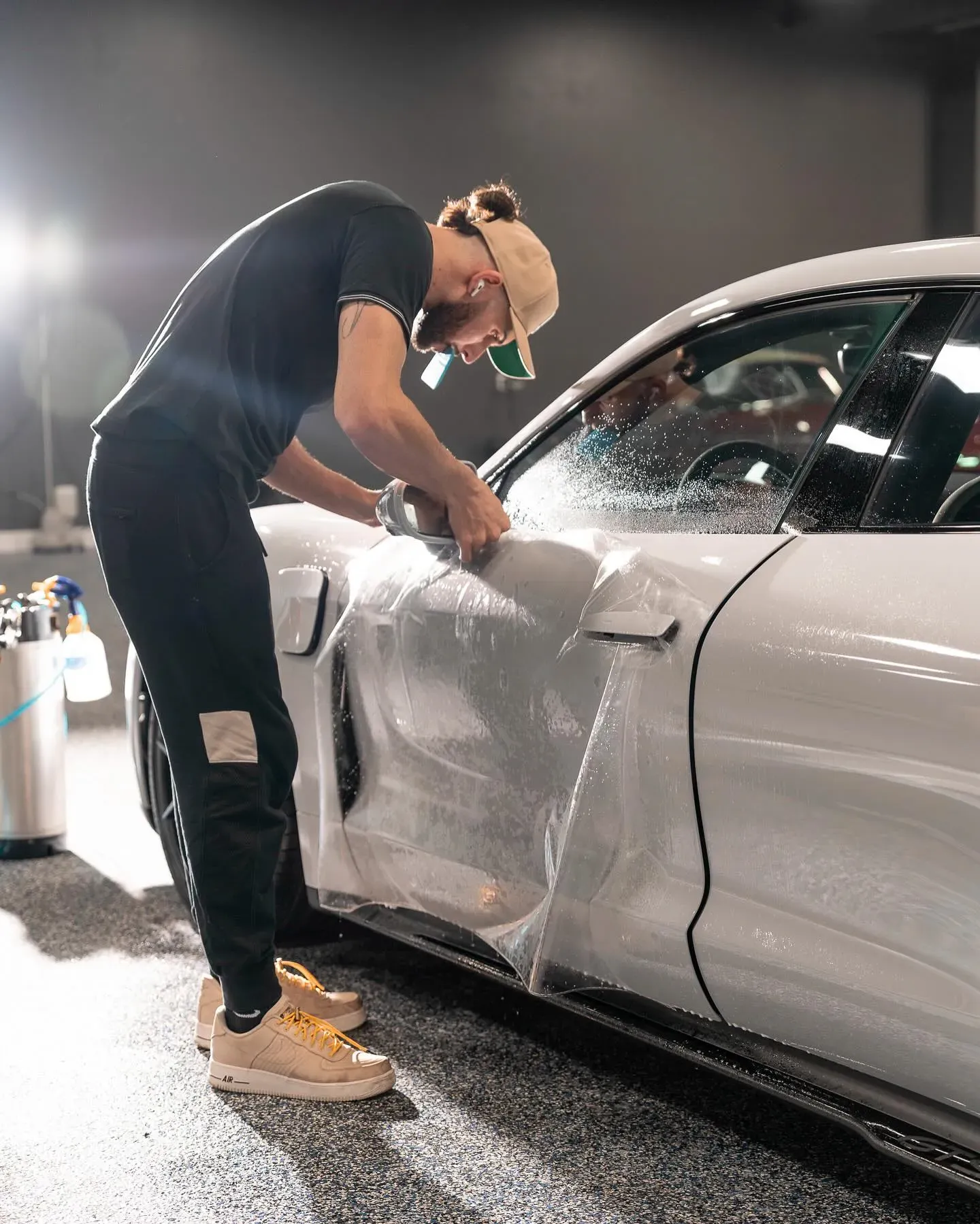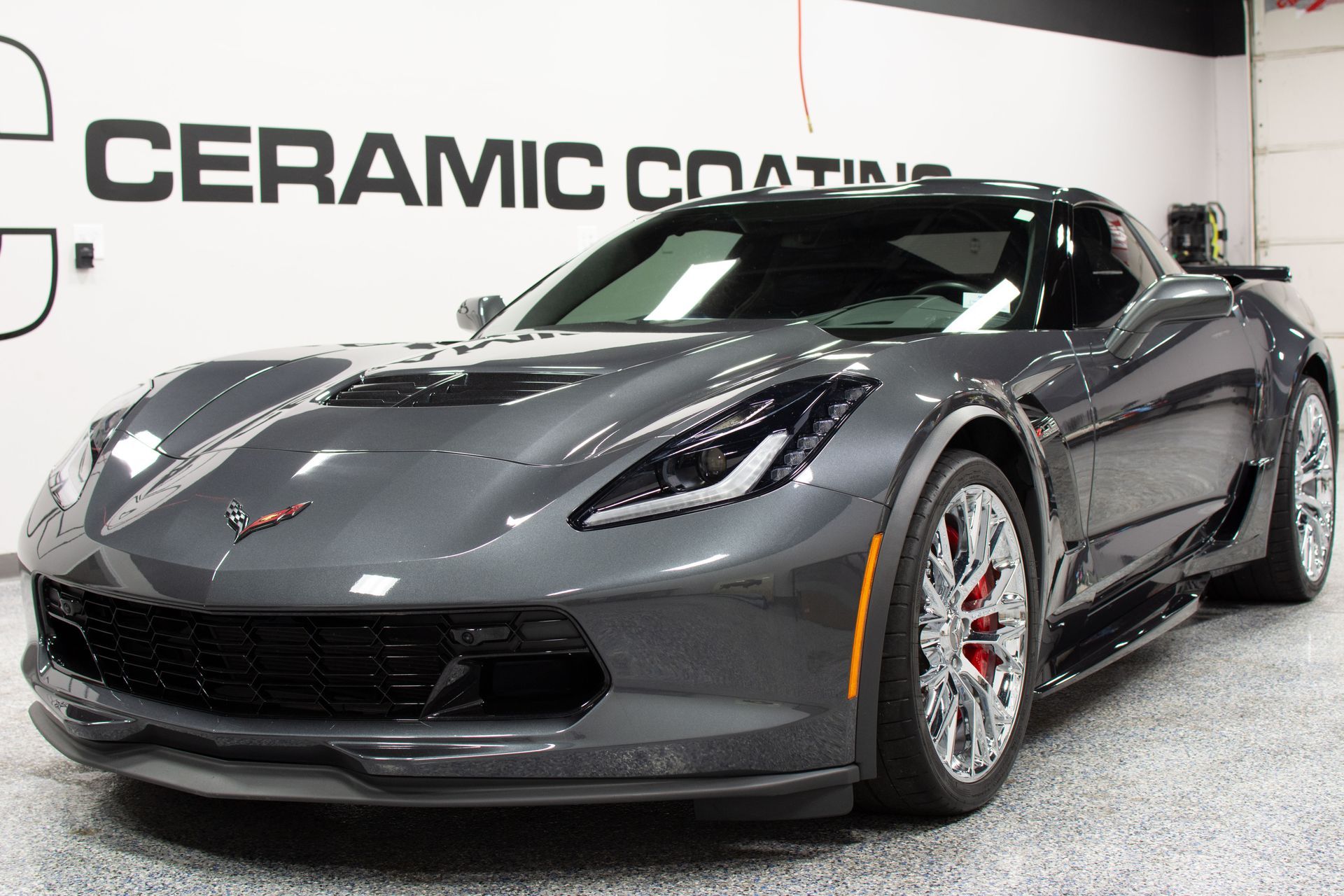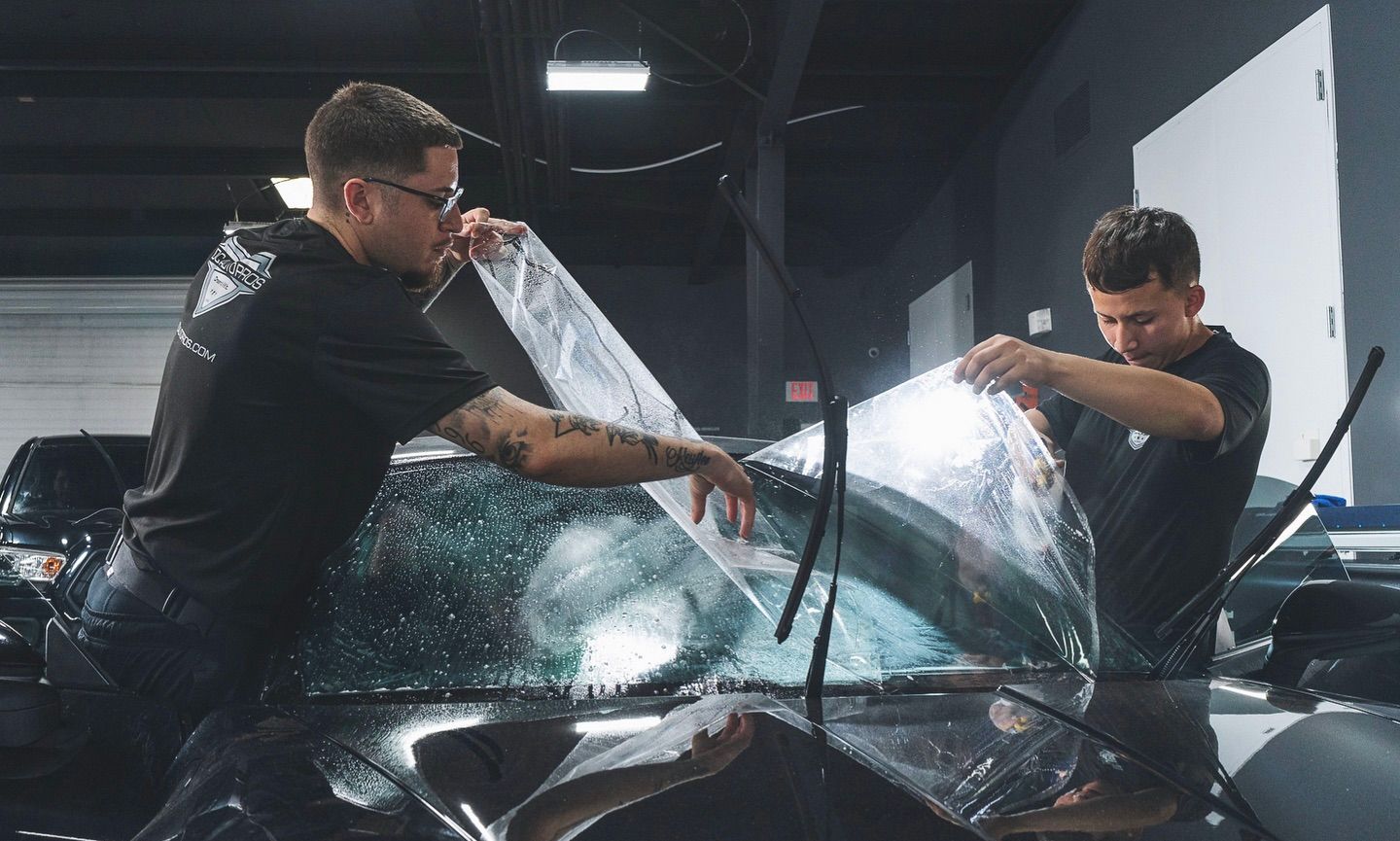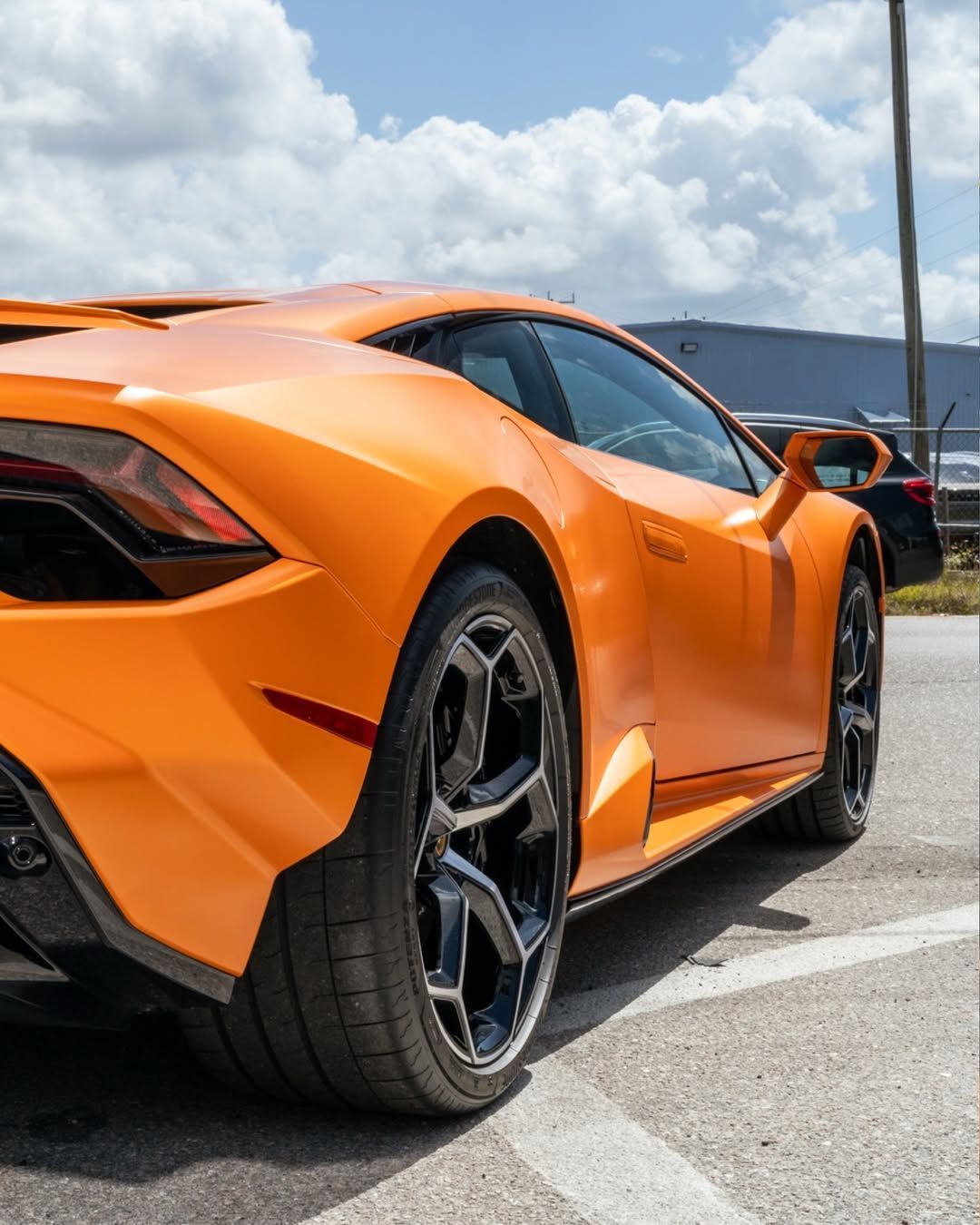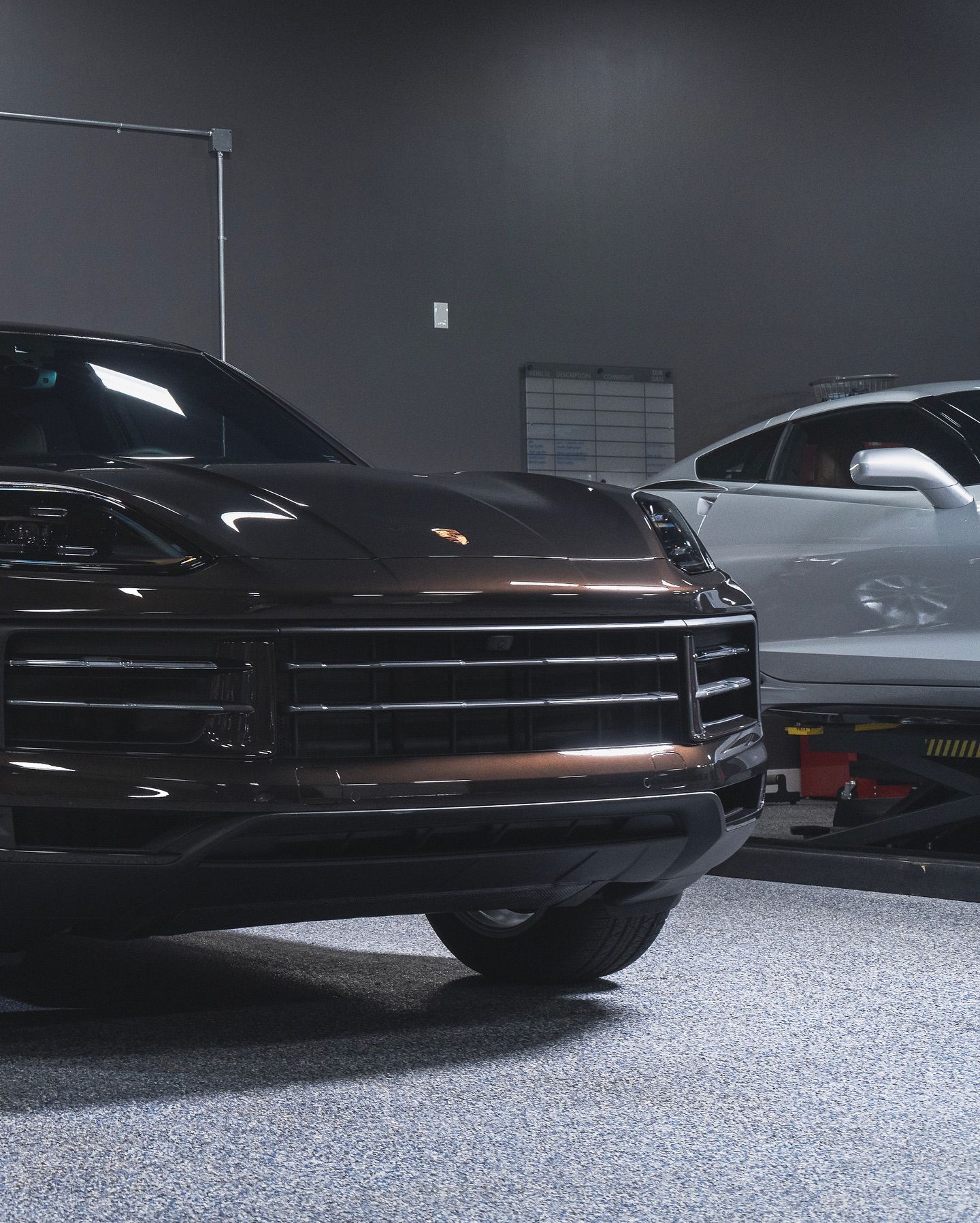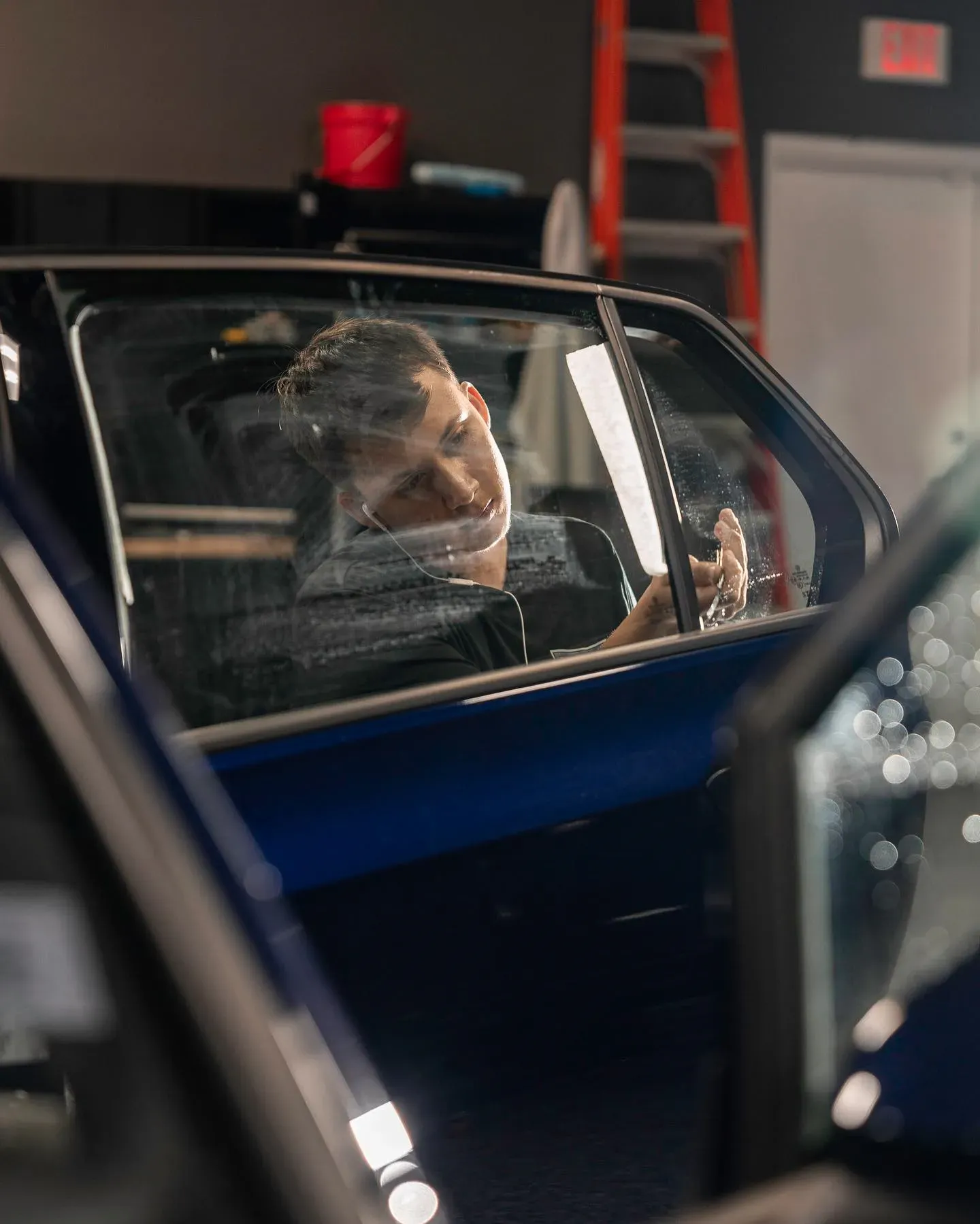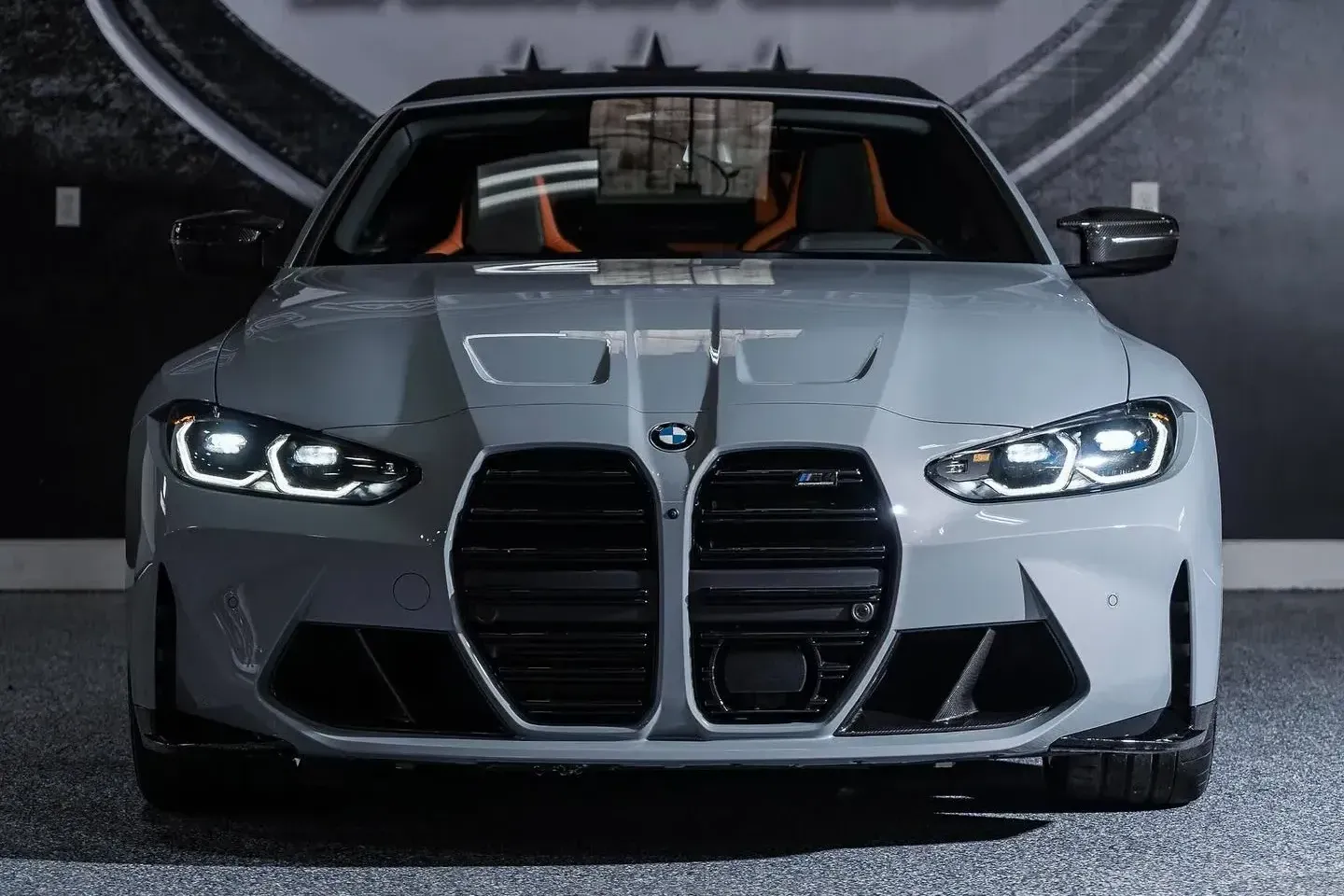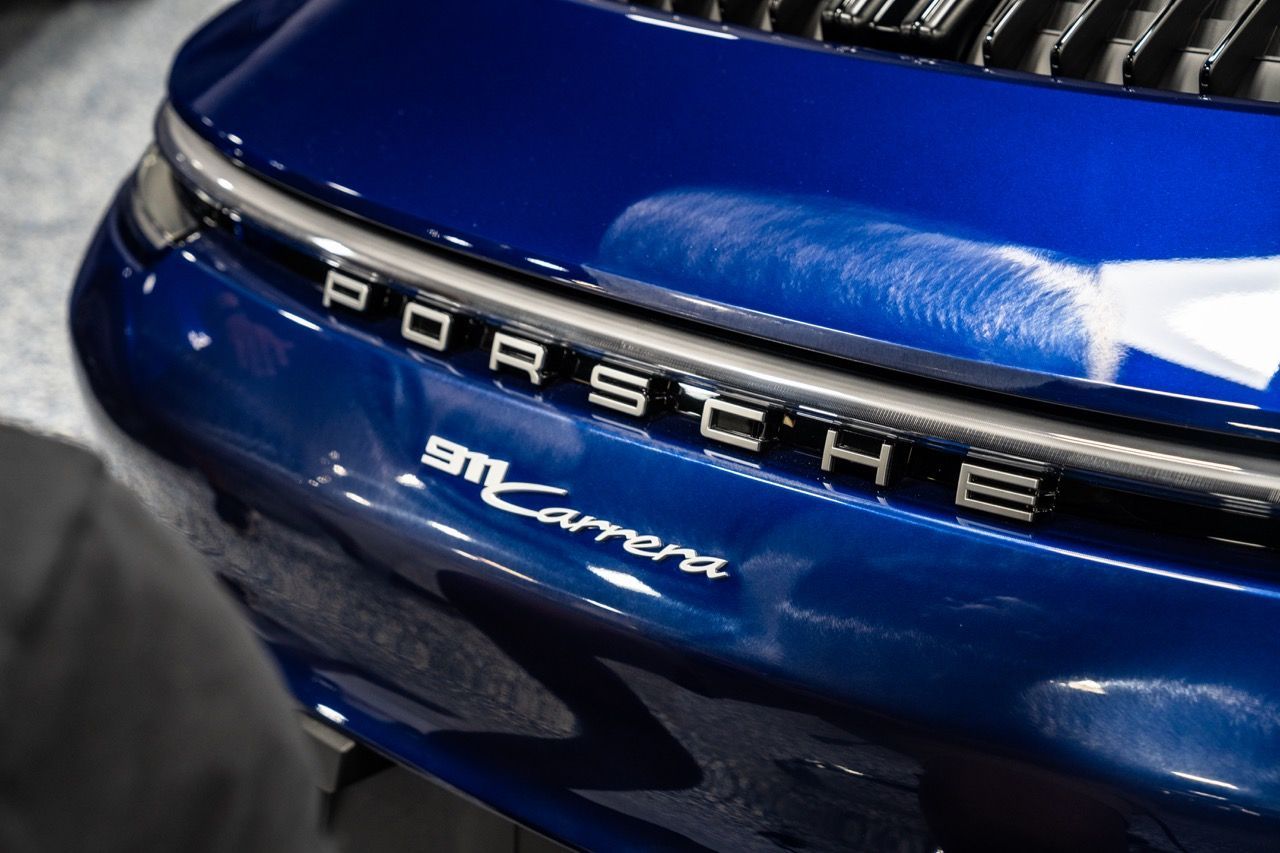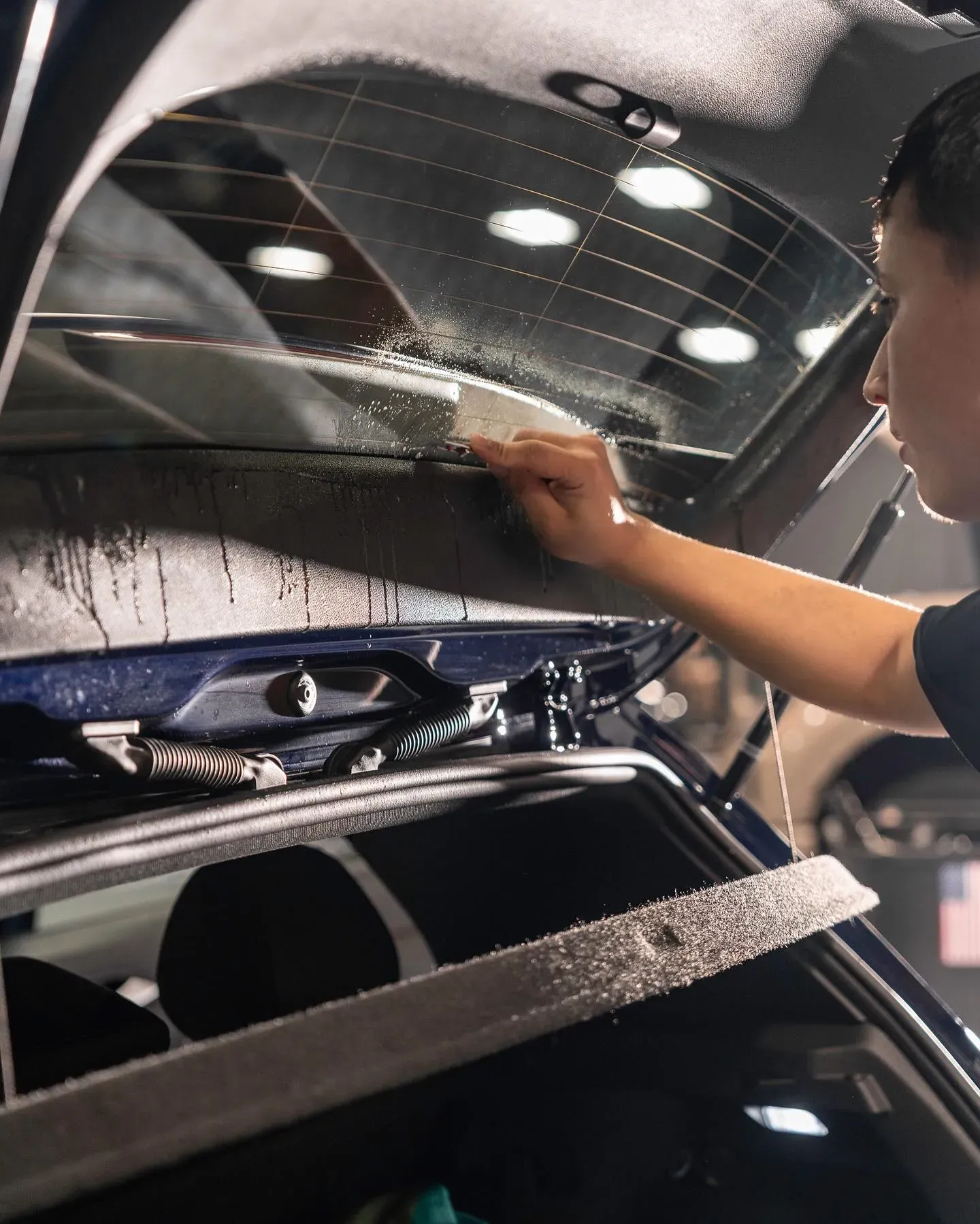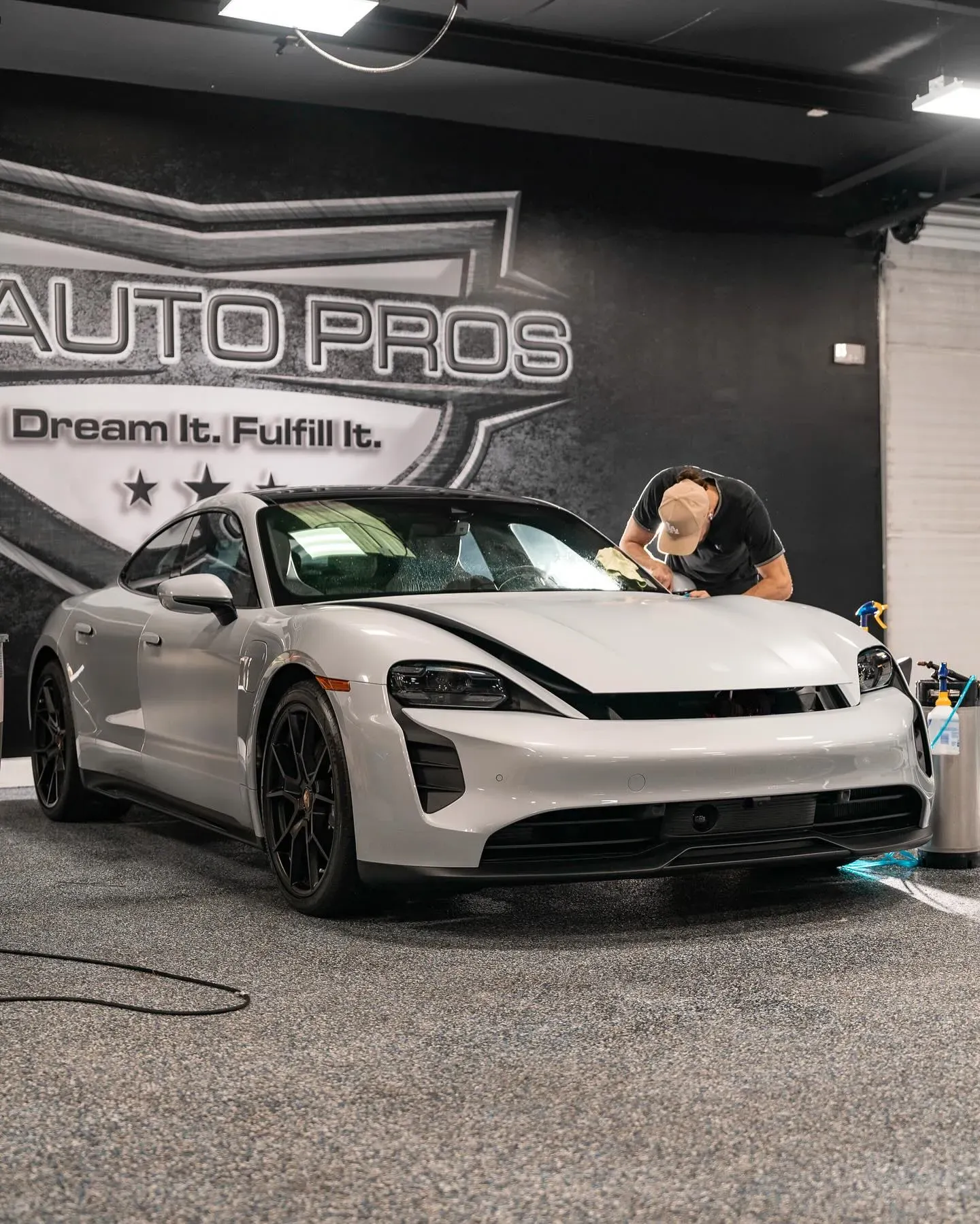How to Keep Your Window Tint Legal in Florida: Effective Strategies for Compliance
When thinking about window tinting in Florida, it’s easy to get lost in the sea of options and regulations. You want your car to look cool and keep you comfortable on those sun-drenched roads, but nobody wants to deal with a ticket for illegal tint! Navigating window tint laws doesn’t have to be a headache if you understand the rules upfront. This guide will walk you through what’s legal, what’s not, and how to make sure your investment really pays off—not just in style, but also in safety and comfort. Let’s dive into what you need to know before you hit the road with tinted windows.
To keep your window tint legal in Florida, ensure it complies with state regulations regarding visible light transmission percentages for different windows, and always choose a licensed installer. Additionally, maintain the tint by avoiding harsh cleaning chemicals and regularly inspecting it for any bubbles or peeling to ensure optimal performance that protects your vehicle's interior while adhering to legal standards.
Florida Tint Laws You Need to Know
In the Sunshine State, understanding window tint laws isn't merely a matter of legality—it's about ensuring your safety and comfort on the road. As temperatures soar and sunlight can be blinding, many drivers turn to window tinting for relief. To stay compliant with state regulations, knowing these limits is crucial.
Legal Limits
Florida law establishes specific guidelines for the darkness and reflectivity of window tints. For standard sedans, front side windows must allow over 28% of light in, ensuring visibility for both the driver and law enforcement. Rear side windows and back windshields can be tinted but must allow at least 15% of light through. The laws are slightly more lenient for SUVs and vans: front side windows still need to permit over 28% light in, while rear windows can be as dark as desired. This provides more flexibility for larger vehicles where privacy and heat reduction often go hand-in-hand.
Medical Exemptions
Life isn’t always black-and-white—sometimes it has shades of gray. For those with legitimate medical needs, exemptions can allow darker window tints. Individuals with specific medical conditions like lupus or other UV-sensitive ailments can apply for special permits allowing them darker tints—with valid documentation. This exemption aids those who need additional protection from harmful rays due to health situations.
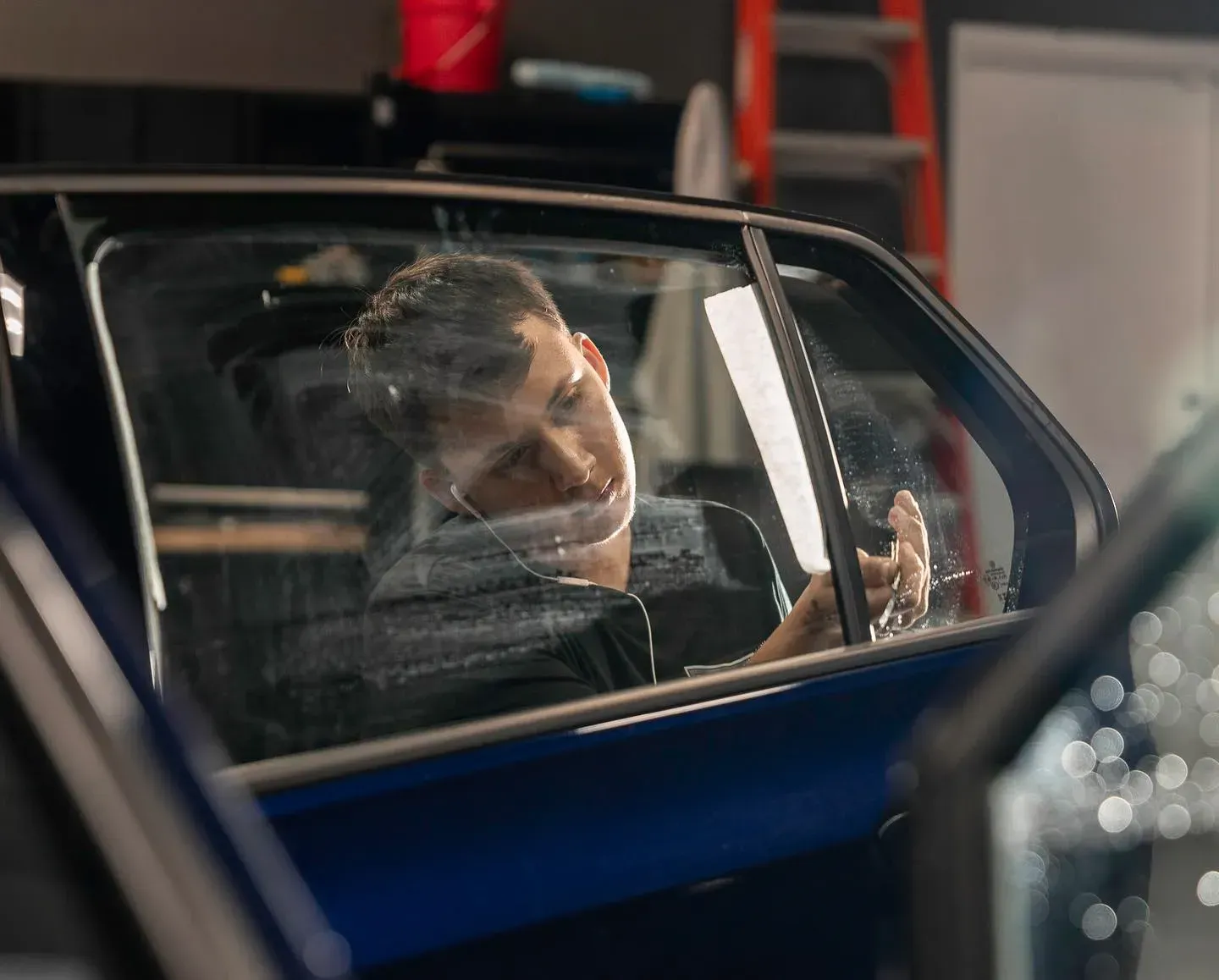
Darkness and Reflection Limits Explained
In Florida, window tint laws are designed to promote safety on the road. Darkness refers to how much light can pass through your window tint. The percentage indicates the amount of visible light allowed in, meaning a lower percentage reflects a darker tint.
For cars, the front side windows must allow at least 28% of light in, while the rear side and back windows can go as dark as you like, provided they comply with the manufacturer's tinting limits. However, there’s more to it than just darkness—it’s also about reflectivity.
Reflectivity becomes crucial when we talk about how much light is bounced back by your windows. The reflective properties of your tint are measured for their potential to cause glare that could distract other drivers on the road. In Florida, the regulations stipulate that side windows cannot reflect more than 25% of available light, while rear windows may go slightly higher at 35%. This means if you're thinking about window tinting for style or sun protection, you also have to remember that the goal includes keeping everyone safe on the road.
Important Compliance Tips
To ensure you're following local regulations effectively, some shops can use specialized equipment to measure both light penetration and reflectivity right there on-site. This way, before you commit to a tint job, you can verify that you’re within the allowable limits.
Additionally, be aware that some law enforcement officials may not appreciate guesswork when it comes to interpreting these laws. Therefore, having a thorough understanding of what constitutes legal window tint will serve as a shield against any unwanted traffic stops or fines.
Quality and UV Protection Standards
When selecting window tints, one of the most important aspects to consider is their quality, particularly in terms of UV protection. High-quality tint films do more than merely alter the appearance of your vehicle; they offer an essential barrier between you and the sun’s harmful ultraviolet rays. In sunny Florida, where daily exposure to bright sunshine is common, this kind of protection is vital—for both your health and your car's interior longevity.
Benefits of UV Protection
The fantastic news about quality tints is that they can block up to 99% of those harmful ultraviolet rays. This means when you’re driving with tinted windows, you’re not just adding a cool aesthetic to your ride but actively protecting your skin from potential long-term damage. It’s been scientifically shown that UV-protective films significantly reduce the risk of skin cancers and other skin ailments associated with long-term sunlight exposure. Such films serve as a shield enabled by innovation, helping you enjoy your drive while also being kind to your health.
Beyond personal health benefits, UV protective films within window tints help extend the life of your vehicle's interior. Sunlight can be brutal on fabrics and leathers, leading to fading and deterioration over time. By blocking out these damaging rays, high-quality tints keep your dashboard from cracking, seats from fading, and upholstery looking fresh for a much longer period. This longevity translates to better resale value should you choose to sell or trade in your vehicle later on.
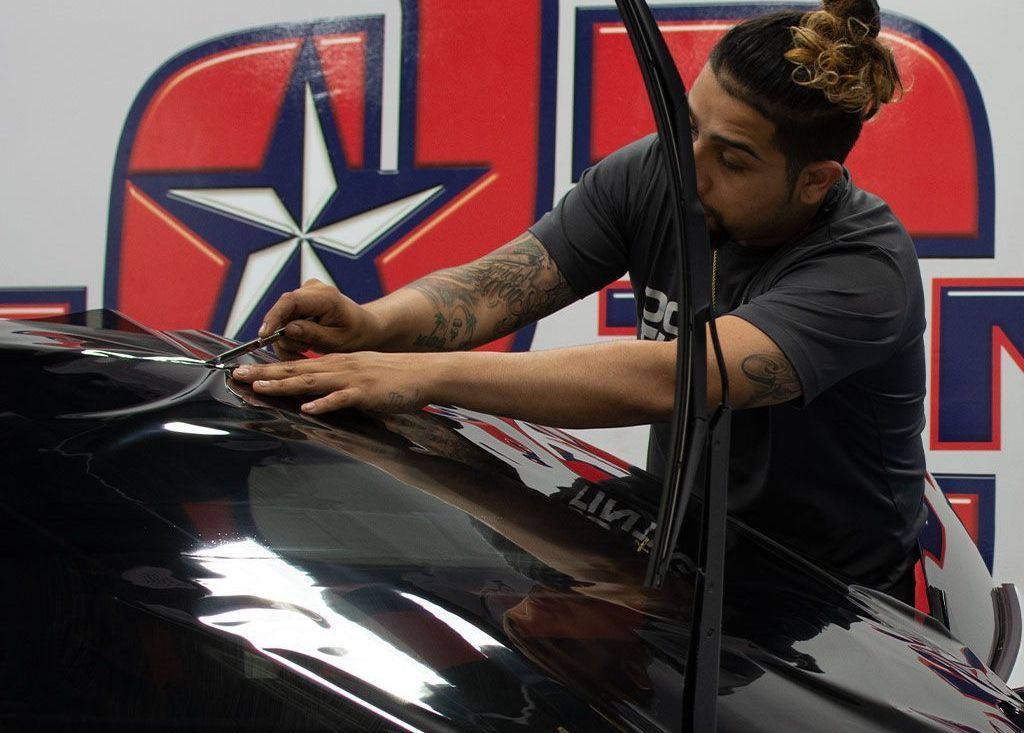
Tips for Choosing Compliant Tint
When selecting window tint, it's essential to understand the balance between aesthetics and legality. You want your car not only to look great but also to remain within the legal limits set by the state. To ensure you choose compliant tint that fulfills both criteria, start by familiarizing yourself with the nuances of your local laws. Each state has different regulations regarding light transmission percentages, typically measuring the amount of light that can pass through your tinted windows. Ignoring these can lead to undesirable fines or forced removal of your tint.
Once you have a solid understanding of the rules, it’s incredibly wise to buy from reputable sources. This may mean visiting trusted shops like DC Auto Pros—where professionals not only install the tint but also recommend products that meet or exceed safety standards. A quality product will offer far more than just a darkened window; it protects against UV rays, which are harmful to your vehicle's interior and your skin. Choosing certified products ensures you're investing in longevity as well as compliance.
In terms of installation, seeking professional help is critical. While DIY kits might seem appealing for their convenience and cost-effectiveness, improper application can lead to bubbling or uneven coverage that may not meet legal specifications. Professionals are trained in application techniques that minimize errors, ensuring that every inch of glass meets compliance. Plus, they’re often familiar with specific local regulations and can advise you accordingly.
Maintenance Tips
To extend the life of your window tint beyond its warranty period, consistent maintenance is essential. Regular cleaning helps preserve the tint's effectiveness and appearance, making it easier to maintain compliance with Florida regulations. Use non-abrasive cleaners specifically designed for tinted windows and avoid ammonia-based products; they can degrade adhesives used in window films.
Incorporating these simple maintenance routines will keep your tint looking fresh and performing optimally throughout its lifespan. Scheduling an annual inspection allows trained technicians to spot potential issues before they become problematic, ensuring continued value from your investment.
Stay Cool, Protected, and Street Legal
Understanding Florida’s tint laws is key to avoiding fines and keeping your vehicle safe and stylish. With the right film and professional installation, you can enjoy heat reduction, UV protection, and legal peace of mind.
Stay within the law and ride in comfort.
Call DC Auto Pros today at (239) 770-8411 for compliant, high-quality window tinting services.

